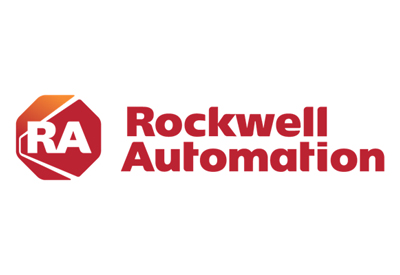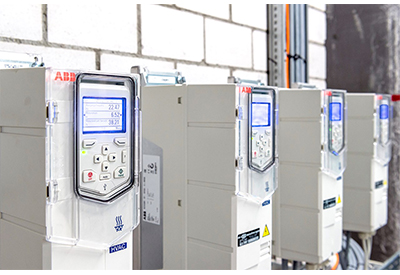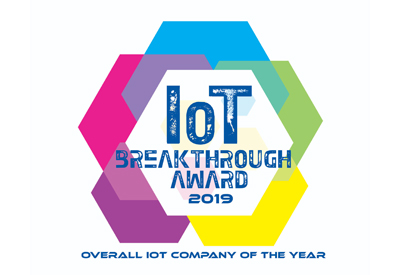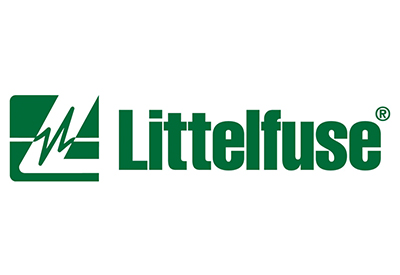Rockwell Automation Releases AI Module to Improve Industrial Production

April 30, 2019
Industrial workers can now more easily use the data from their equipment to predict production issues and improve processes with their existing automation and control skill set. The new FactoryTalk Analytics LogixAI module, formerly known as Project Sherlock, uses artificial intelligence (AI) to detect production anomalies and alert workers so they can investigate or intervene, as necessary.
Many existing analytics technologies require deep expertise in both data science and industrial processes. But this add-on module for ControlLogix controllers reduces that burden by doing the job of a data scientist. It fits directly into a control chassis and streams controller data over the backplane to build predictive models. It can continuously monitor a production operation, detecting anomalies against its derived understanding.
“The FactoryTalk Analytics LogixAI module makes predictive analytics more accessible to help more workers make better production decisions,” said Jonathan Wise, product manager, Rockwell Automation. “The module learns your ControlLogix application and tells operators and technicians when things are changing in unexpected ways. This can help them get ahead of product quality issues and protect process integrity.”
For example, the module can help operators spot performance deviations in equipment like mixers that could affect product quality or lead to downtime. It can also be used as a virtual sensor. Instead of workers taking a reading, like the humidity of a packaged food product, the module can analyze variables from line assets like sprayers, dryers and burners to predict a measurement, virtually.
Workers can then be notified of problems by configuring alarms on a human machine interface (HMI) or dashboard. Future features of the module will go further, helping workers focus their problem-solving or automate the optimization of a process.
The FactoryTalk Analytics LogixAI module is the newest addition to the FactoryTalk Analytics portfolio from Rockwell Automation. The portfolio includes FactoryTalk Analytics for Devices, which learns about an automation system’s structure to tell workers about problems with individual devices. The LogixAI module expands on this by learning about an automation system’s application and helping identify anomalies with its overall function.
Both products work individually, but each will benefit the other in future iterations. The FactoryTalk Analytics platform aggregates multiple sources of data, so workers can discover new insights. FactoryTalk Analytics for Devices and the LogixAI module will both be data sources for the platform going forward.






